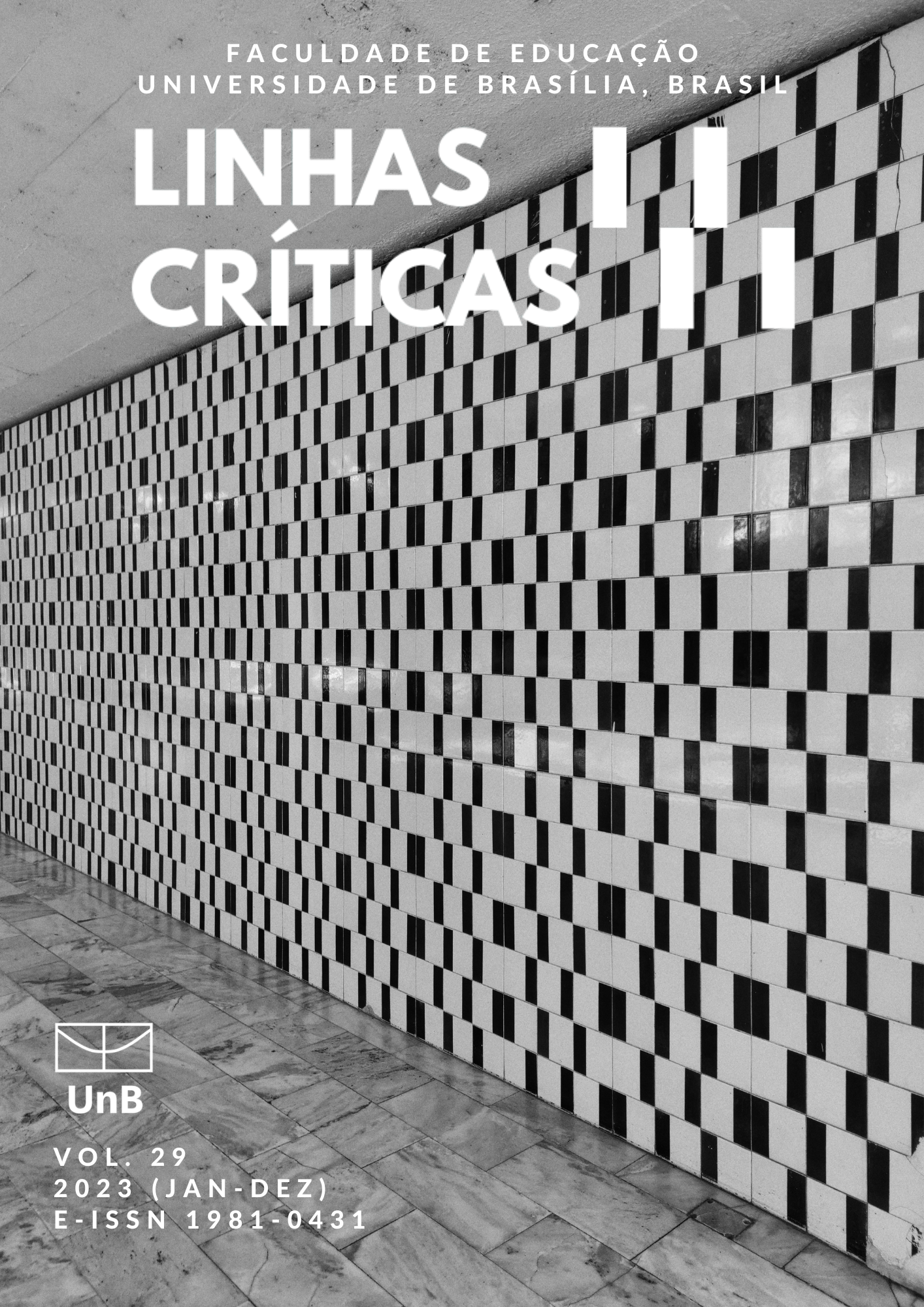policies for the internationalization of higher education: contributions to the south-south context
DOI:
https://doi.org/10.26512/lc29202347602Keywords:
Comparative research, Higher education, Internationalization policiesAbstract
This is a comparative study of Internationalization Policies (IP) in two Brazilian public universities: the University of Latin American Integration (UNILA) and the Federal University of ABC (UFABC). The analysis was conducted using Ball's policy cycle. Regarding UNILA, strategies for regional integration based on South-South Cooperation (SSC) were identified. On the other hand, UFABC demonstrated a focus on capital regulation and control to meet the requirements of the global context. Despite their distinct perspectives, both policies indicated strategies for Internationalizing Higher (IH) education in the global south.
Downloads
Published
How to Cite
Issue
Section
License
Copyright (c) 2023 Marcio Watanabe, Andreza Cipriani, Marcia Regina Selpa Heinzle

This work is licensed under a Creative Commons Attribution 4.0 International License.
Authors who publish in this journal agree to the following terms:
-Authors maintains the copyright and grants the journal the right of first publication, the work being simultaneously licensed under the Creative Commons Attribution License which allows the sharing of the work with recognition of the authorship of the work and initial publication in this journal.
- Authors are authorized to enter into additional contracts separately, for non-exclusive distribution of the version of the work published in this journal (eg publish in institutional repository or as a book chapter), with acknowledgment of authorship and initial publication in this journal.
-Authorers are allowed and encouraged to publish and distribute their work online (eg in institutional repositories or on their personal page) at any point before or during the editorial process, as this can generate productive changes as well as increase the impact and the citation of published work (See The Effect of Free Access).



